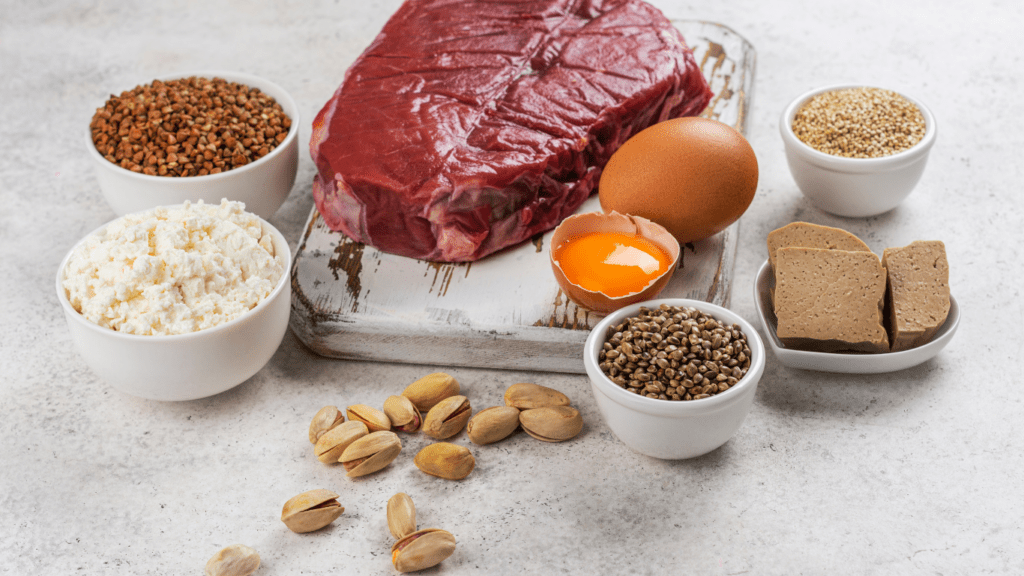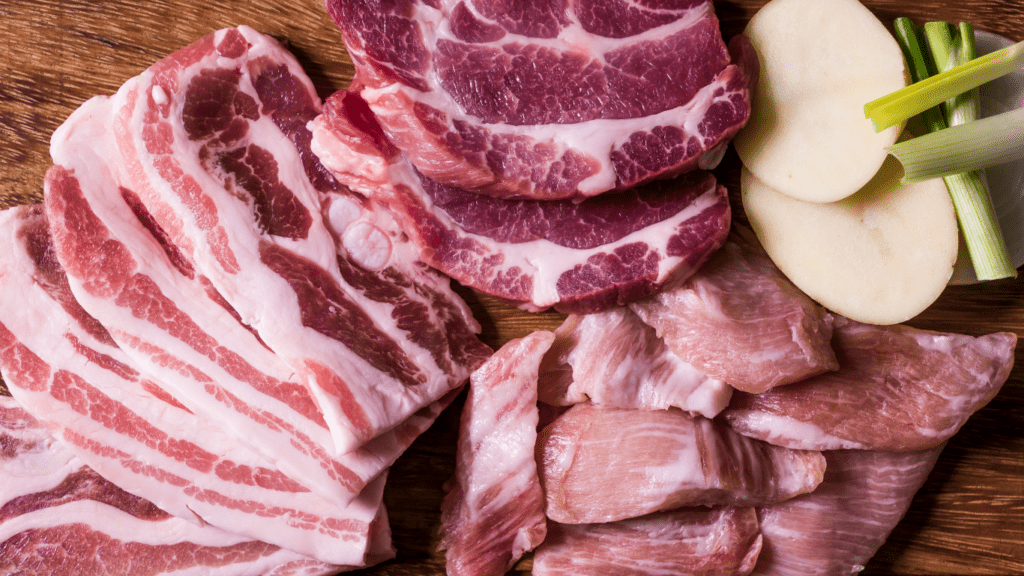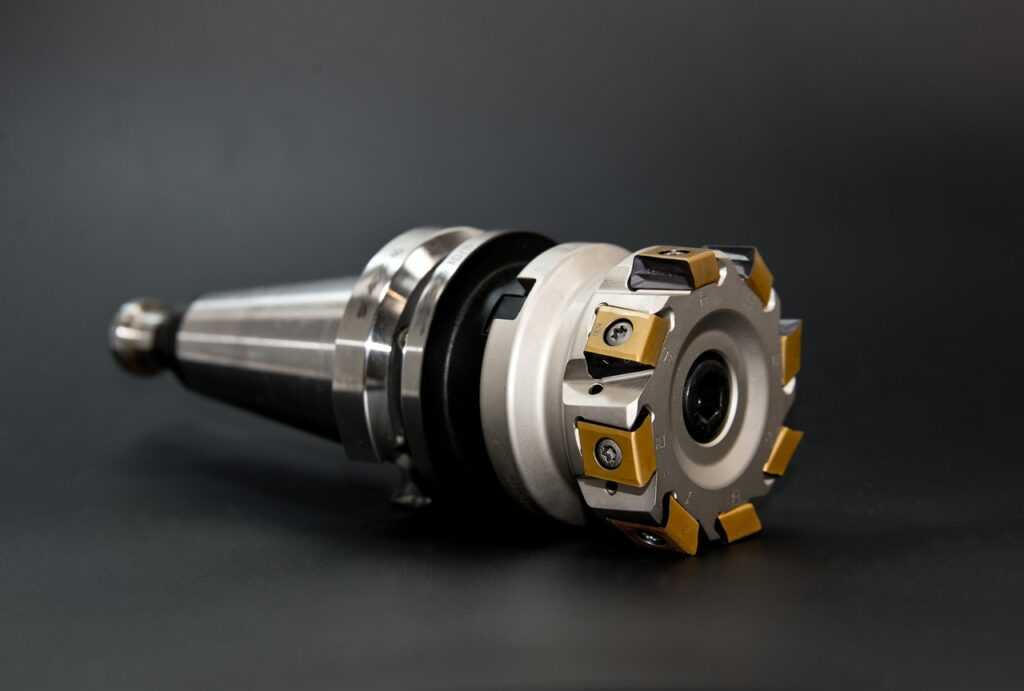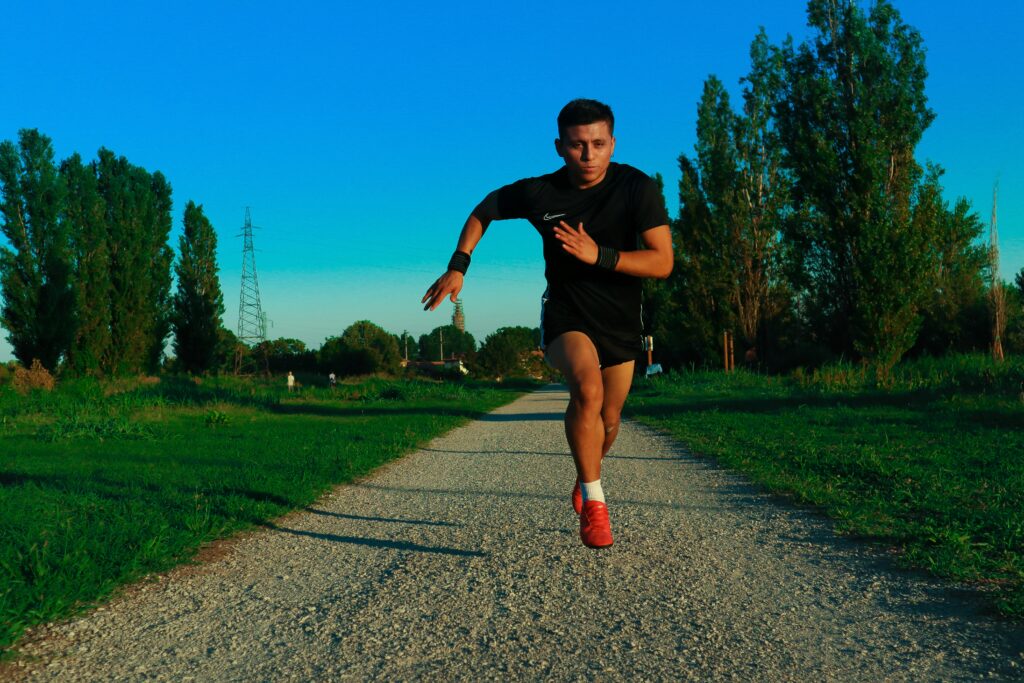When it comes to competition, what you fuel your body with can make all the difference. I’ve seen firsthand how the right nutrition can enhance performance and recovery. Whether you’re gearing up for a big race or an intense match, understanding what to eat before, during, and after can set you up for success.
Understanding Performance Nutrition
Nutrition plays a critical role in shaping an athlete’s performance and recovery. Proper fueling can influence strength, endurance, and overall success during competitions.
The Importance of Nutrition in Sports
Nutrition directly affects energy levels and physical capabilities. Consuming the right foods can enhance endurance, speed, and recovery time, ultimately leading to better outcomes in competitions. Athletes who prioritize nutrition often experience improved focus, reduced fatigue, and quicker recovery from intense exertion.
Personal anecdotes from elite athletes often reflect how meal timing and composition significantly influence performance.
Key Nutrients for Athletes
Athletes require several key nutrients to optimize performance:
- Carbohydrates: Essential for energy, carbs fuel workouts and enhance endurance. It’s recommended to consume complex carbohydrates before events for sustained energy.
- Protein: Supports muscle repair and growth. After workouts, protein intake is crucial for effective recovery. Aim for lean sources like chicken, fish, or plant-based options.
- Fats: Provide a long-lasting energy source. Healthy fats from nuts, seeds, and avocados are vital, especially during prolonged activities.
- Vitamins and Minerals: Necessary for immune function and overall health. A varied diet rich in fruits and vegetables guarantees adequate nutrient intake.
- Hydration: Fluids maintain performance and prevent dehydration. Regular hydration before, during, and after competition ensures peak physical condition.
Balancing these nutrients helps athletes achieve optimal performance and recovery.
Pre-Competition Nutrition
I focus on pre-competition nutrition to maximize my performance. Proper fueling before an event sets the stage for optimal energy and focus.
Optimal Foods to Consume Before Events
I prioritize carbohydrates in my pre-competition meals for quick energy. Foods like oatmeal, whole-grain bread, and fruits provide necessary fuel. I also include lean proteins like chicken or Greek yogurt to support muscle function.
Healthy fats from sources like avocados and nuts contribute to sustained energy. I combine these nutrients to create balanced meals that enhance my performance.
Timing Your Pre-Event Meal
I eat my main pre-event meal 3 to 4 hours before competition. This timing allows proper digestion and energy availability. If I need a snack closer to the event, I consume light options like bananas or energy bars 30 to 60 minutes prior.
This method ensures I maintain energy levels without discomfort during competition.
During Competition Nutrition
During competition, maintaining optimal energy levels and hydration ensures peak performance. Focused nutrition strategies enable athletes to manage their energy stores effectively.
Hydration Strategies for Athletes
Hydration significantly influences athletic performance. I emphasize drinking fluids consistently before and during competition. For events lasting less than an hour, water suffices. For longer competitions, I recommend electrolyte drinks that replenish sodium and potassium, crucial for muscle function.
An athlete should aim for 7 to 10 ounces of fluid every 10 to 20 minutes, adjusting based on heat and sweat levels. Monitoring urine color can help ensure adequate hydration; light yellow indicates proper hydration status.
Snacks for Sustained Energy
Choosing the right snacks during competition is critical for maintaining energy levels. I recommend easily digestible carbohydrates, such as energy gels, bananas, or granola bars. These options provide quick glucose recovery and are convenient to consume.
Aiming for 30 to 60 grams of carbohydrates every hour helps sustain energy. Additionally, combining carbohydrates with a small amount of protein can enhance recovery during intense events. Keeping snacks within reach and timing consumption around physical activity prevents energy drops, ensuring optimal performance throughout the competition.
Post-Competition Nutrition
Post-competition nutrition plays a crucial role in recovery and performance sustainability. Proper intake after an event can significantly influence muscle repair and overall recovery time.
Recovery Foods to Support Muscle Repair
Recovery foods should focus on replenishing glycogen stores and aiding muscle repair. I prioritize the following nutrient-rich options:
- Lean Proteins: Chicken, turkey, fish, and plant-based proteins like beans and lentils support muscle recovery. Aim for about 20 to 30 grams of protein within 30 minutes post-event.
- Carbohydrates: Whole grains, sweet potatoes, and fruits replenish lost glycogen. Consuming a mix of carbohydrates and protein in a 3:1 ratio enhances recovery.
- Healthy Fats: Avocados, nuts, and seeds provide essential fatty acids to reduce inflammation. Limit fat intake immediately post-event for faster digestion.
- Antioxidant-Rich Foods: Berries, spinach, and kale help combat oxidative stress from intense exercise. Incorporate these into post-competition meals for optimal recovery.
Rehydration and Replenishment Tips
Rehydration is vital after competition to restore fluid balance. I recommend these strategies:
- Water Intake: Drink water immediately after finishing to start rehydration. Aim for at least 20 ounces within the first hour.
- Electrolyte Drinks: For events lasting longer than an hour, incorporate electrolyte-rich beverages to replenish sodium, potassium, and magnesium. Consume 16 to 24 ounces over the first few hours post-competition.
- Urine Color Check: Monitor hydration levels by checking urine color. Aim for light yellow, indicating proper hydration.
- Snack Consistency: Opt for light snacks containing both carbohydrates and electrolytes, like a banana with a pinch of salt or a sports drink alongside crackers, to enhance rehydration and energy levels.
By focusing on these recovery foods and hydration strategies, athletes can significantly improve their recovery and prepare their bodies for future competitions.




